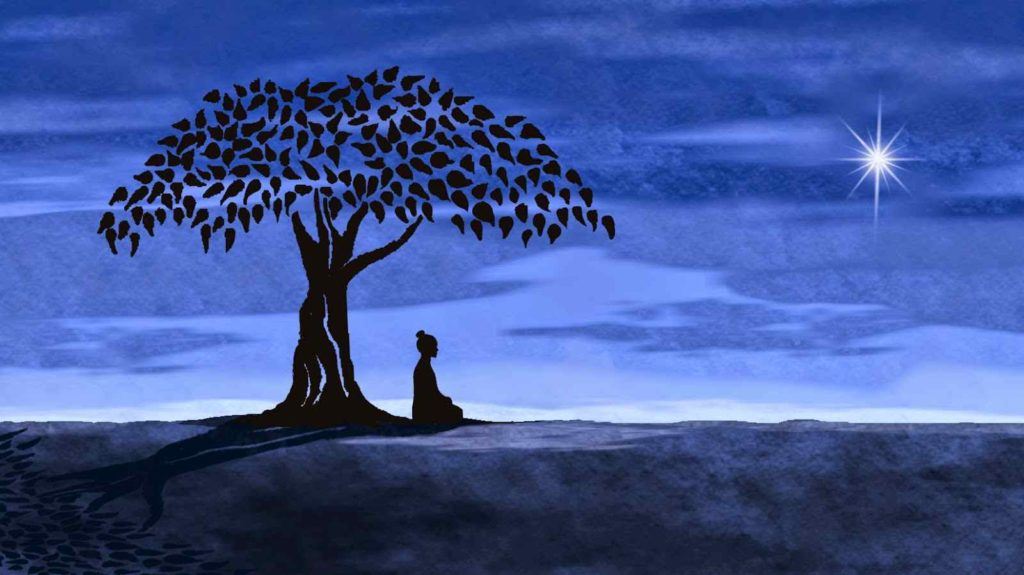
By Gina Wise
What does it mean to be spiritual? Pause and think about this question for a moment… Remember your first recognition of something other than the ordinary and mundane world around you. Maybe something Other than yourself? Was it in bible school as a child? In the prayers your grandmother said over you as she tucked you into bed at night. Were you afraid of ghosts? That grandpa went to heaven. That you, too, would die one day. The simple and beautiful truth that Jesus loves you.
Even the word “spiritual” is a mature word. The concept of being spiritual comes to us as we grow and experience life. As you mature in your own life, you come to understand that grandpa passed away from an illness. You say prayers over your own children to keep them safe and healthy. You start to take yoga classes and read books written by the Dalai Lama. The question “What does it mean to be spiritual?” becomes why is it meaningful to me to be spiritual? This is when you recognize that you are on a spiritual journey.
So how do we explore this spiritual journey? How do we mature in our spiritual life and gain a greater understanding? Can these questions be answered or is the constant questioning the answer? We look to spiritual leaders, read ancient texts and modern-day magazines on how to stay mindful in today’s busy world. We change religion, give up on religion or become born again Christians. Do we look inside ourselves or do we look outside ourselves? Where do we start?
The first known author in history was a woman named Enheduanna. She was born 2300 years before Christ. Her writings are preserved in cuneiform tablets. She was a moon priestess and wrote hymns to the Sumerian goddess of love, Inanna. By reading her poems and hymns, we find hints about what her mundane life may have been like. By examining her history as a whole, we can come to understand the significance of the spiritual path that she led for herself and for the people of her time. Her hymns were copied and sung for hundreds of years after her death.
The first known collection of women’s literature is the Therigatha. It consists of poems written by Buddhist nuns starting at the time of the Buddha. The most notable is the first Buddhist nun Pajapati, the Buddha’s foster mother. This collection of writings includes poems from over one hundred ordained women and spans over a period of 300 years. For me, the Therigatha is a true hero's journey sung by the voices of the ordinary lay women who overcame great social and religious obstacles to gain the right to be ordained. Pajapati and the other nuns shaved their heads and walked barefoot one hundred fifty miles donning the iconic saffron robes we know today to meet with the Buddha. This meeting would establish the Order of Nuns. Every poem is a personal tale of the woman's journey through great personal loss and sacrifice to achieve the highest spiritual goal of enlightenment.
Today, we can search from The Gateless Gate to The Blue Cliff Record. We have the teachings of Rumi and the tales from the Hodja. We study philosophy which leads to theosophy which leads to anthroposophy. We have Whirling Dervishes and Discalced Carmelites. We wonder about the apparitions at Fatima and the miracle waters at Lourdes. We could get lost in the epic devotion of the Mahabharata or have a moment of pure delight in Basho’s Old Pond. We practice Reiki. We gaze at crystals. We read Tarot. We do everything from walking the labyrinth to sitting with koans. The simple and beautiful truth of your own backyard.
So where do we start our spiritual journey? We start here! Join us. Explore. Explorers Group at Womanspace.